The travel industry is undergoing a quiet revolution as artificial intelligence begins to weave its way into the very fabric of experiential tourism. At the forefront of this movement sits an intriguing new concept: AI-crafted murder mystery itineraries that transform entire cities into personalized stages for immersive storytelling. This isn't merely about following clues from point A to B—it's about becoming the protagonist in a narrative shaped by one's own preferences, behaviors, and even momentary whims.
Imagine arriving in Barcelona not with a standard guidebook, but with a custom-generated mystery that begins the moment your plane touches down. Your smartphone pings with the first cryptic message as you collect your luggage, sending you to a particular café in El Raval where the barista—aware of your role in the unfolding drama—slips a napkin with coordinates under your cortado. The AI has already analyzed your preferred pacing (leisurely mornings, intense afternoons), your tolerance for physical activity (three miles of walking per day max), and even your food allergies when designing this culinary first act.
What makes these AI-scripted journeys remarkable is their dynamic responsiveness. Traditional escape rooms and murder mystery dinners constrain players within fixed parameters, whereas these location-based narratives evolve in real-time. If you linger too long admiring Gaudí's architecture when the story demands urgency, the system adapts—perhaps having your fictional contact impatiently message about dwindling evidence at the crime scene. Should you express particular interest in maritime history during earlier interactions, the plot might suddenly incorporate a crucial clue hidden in the Museu Marítim.
The technology behind these experiences combines several cutting-edge systems. Natural language processing parses player input from pre-trip questionnaires and real-time feedback to shape character dynamics. Computer vision enables location recognition when participants photograph specific landmarks as part of evidence collection. Machine learning algorithms adjust difficulty curves based on how quickly players solve puzzles, ensuring neither frustration nor boredom derails the experience. Perhaps most impressively, generative AI constructs branching narrative paths that maintain internal consistency despite hundreds of possible variations.
Ethical considerations emerge as these experiences gain sophistication. When an AI can convincingly simulate a distressed "witness" approaching you in a crowded plaza with time-sensitive information, where do we draw the line between entertainment and manipulation? Tourism boards grapple with balancing immersive storytelling against preserving authentic cultural experiences. There's also the matter of data privacy—these systems require access to location data, communication logs, and sometimes biometric feedback to function optimally.
Early adopters report an unprecedented level of engagement with destinations. "I've visited Vienna four times before," shares one beta tester, "but solving a mystery that had me decoding sheet music in Mozart's house and interrogating a sous-chef at Figlmüller made me see the city completely differently." This speaks to the powerful alchemy occurring when gamification, personalized storytelling, and physical exploration converge. Participants aren't just learning history—they're emotionally invested in uncovering secrets hidden within it.
The business implications are substantial. Boutique hotels now package these experiences as premium add-ons, with concierges trained to handle unusual requests from guests embroiled in fictional crises. Local businesses benefit from directed foot traffic—that cryptic clue might lead players to a family-owned spice market rather than a tourist trap souvenir shop. Some cities even experiment with municipally-approved narratives that highlight underrepresented historical narratives or drive visitation to underappreciated districts.
As the technology matures, we're seeing specialized variants emerge. Romantic mystery weekends adjust tension levels based on couples' interaction patterns. Corporate team-building versions incorporate personality assessments to distribute roles optimally. There's even a growing niche of "recovery mysteries" designed by therapists and game designers in tandem, using narrative frameworks to help process grief or trauma through symbolic problem-solving.
The future may hold even more radical possibilities. Augmented reality glasses could overlay spectral crime scenes onto real locations. Voice synthesis might enable phone calls from fictional characters indistinguishable from real ones. With advances in affective computing, your detective persona's stress levels could actually influence which leads pan out. One thing remains certain: the line between vacation and vocation—between leisure and purposeful pursuit—has never been more deliciously blurred.
For travelers weary of cookie-cutter tours and passive sightseeing, AI-scripted mystery itineraries offer something revolutionary: not just a story to hear, but one to live. As the technology spreads from early-adopter hubs in Europe and Asia to global availability, we may soon find the most memorable trips aren't those we take, but those that take us—quite literally—for the ride of our lives.

By /Jul 16, 2025

By /Jul 16, 2025

By /Jul 16, 2025

By /Jul 16, 2025

By /Jul 16, 2025

By /Jul 16, 2025
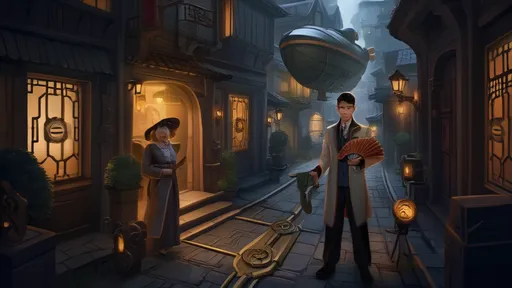
By /Jul 16, 2025

By /Jul 16, 2025
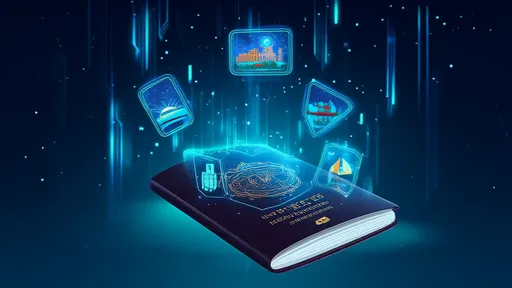
By /Jul 16, 2025
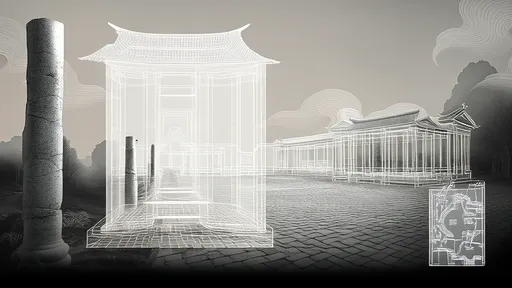
By /Jul 16, 2025
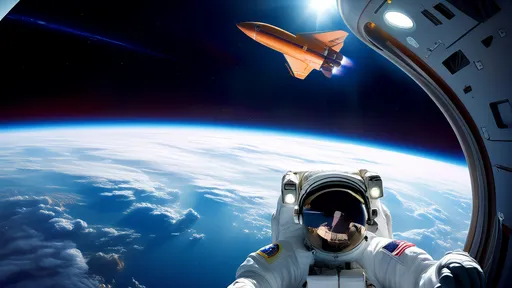
By /Jul 16, 2025
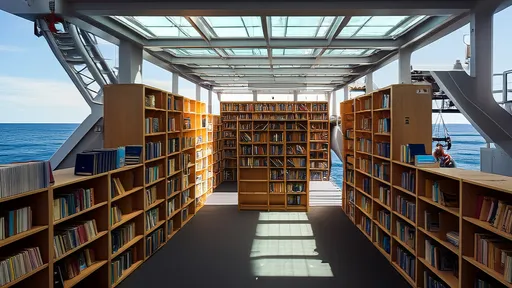
By /Jul 16, 2025

By /Jul 16, 2025

By /Jul 16, 2025

By /Jul 16, 2025

By /Jul 16, 2025
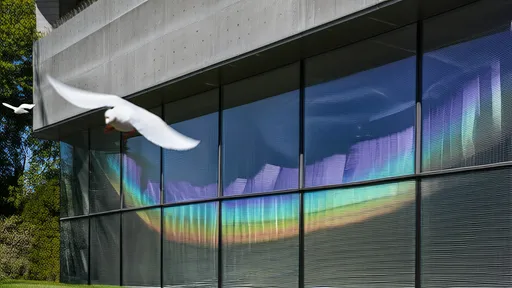
By /Jul 16, 2025

By /Jul 16, 2025